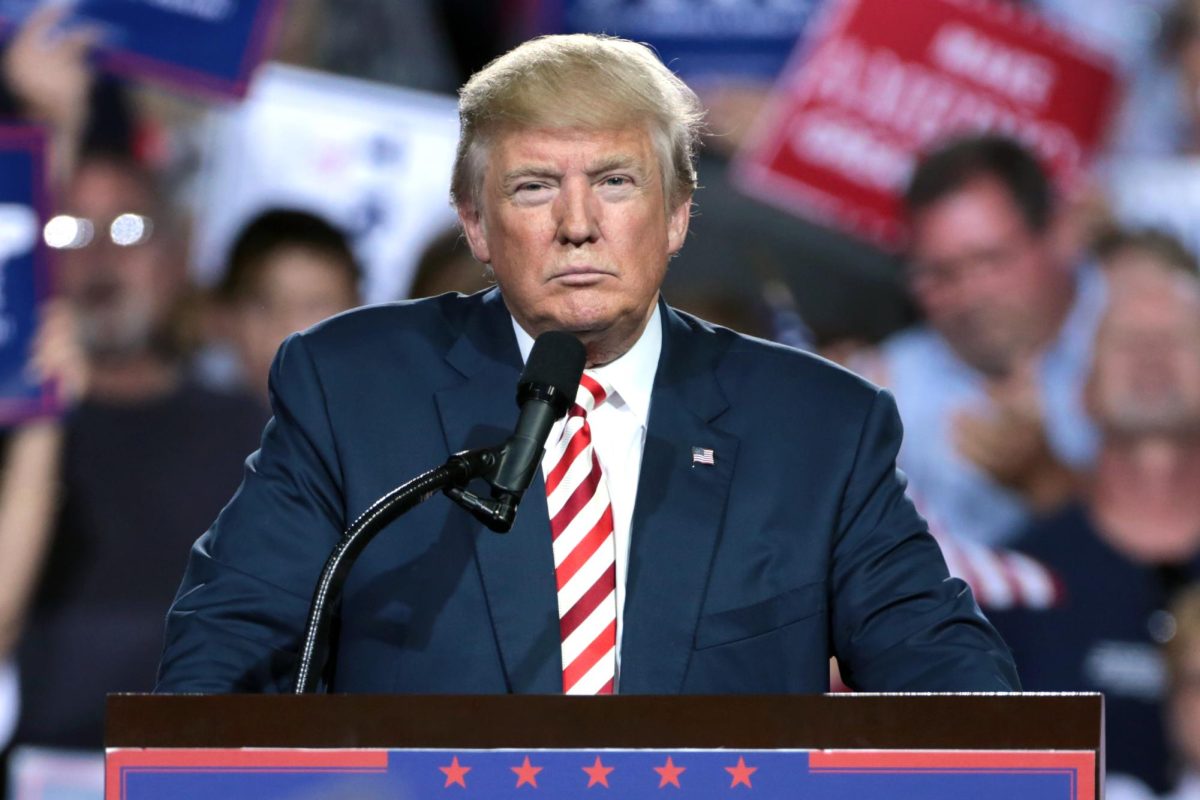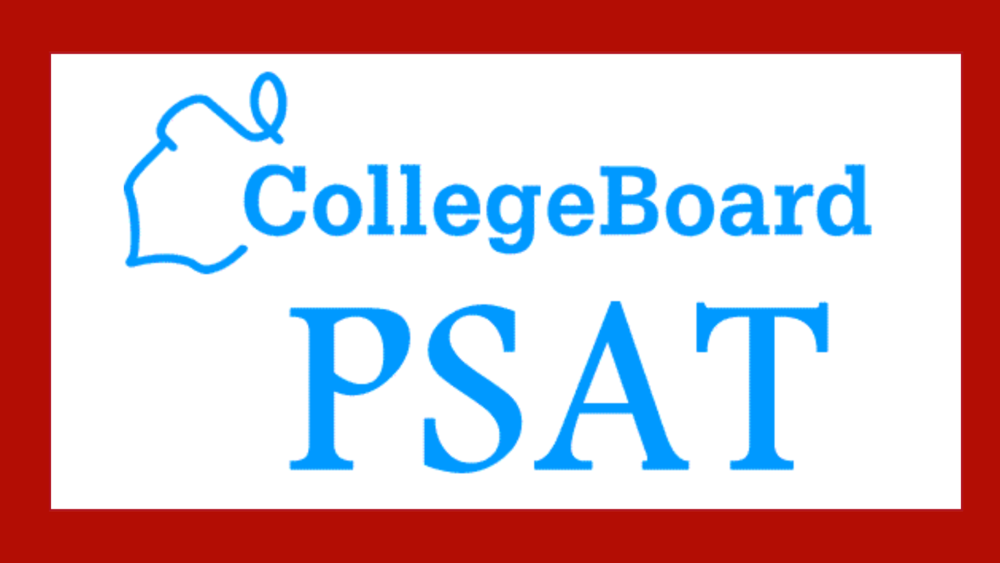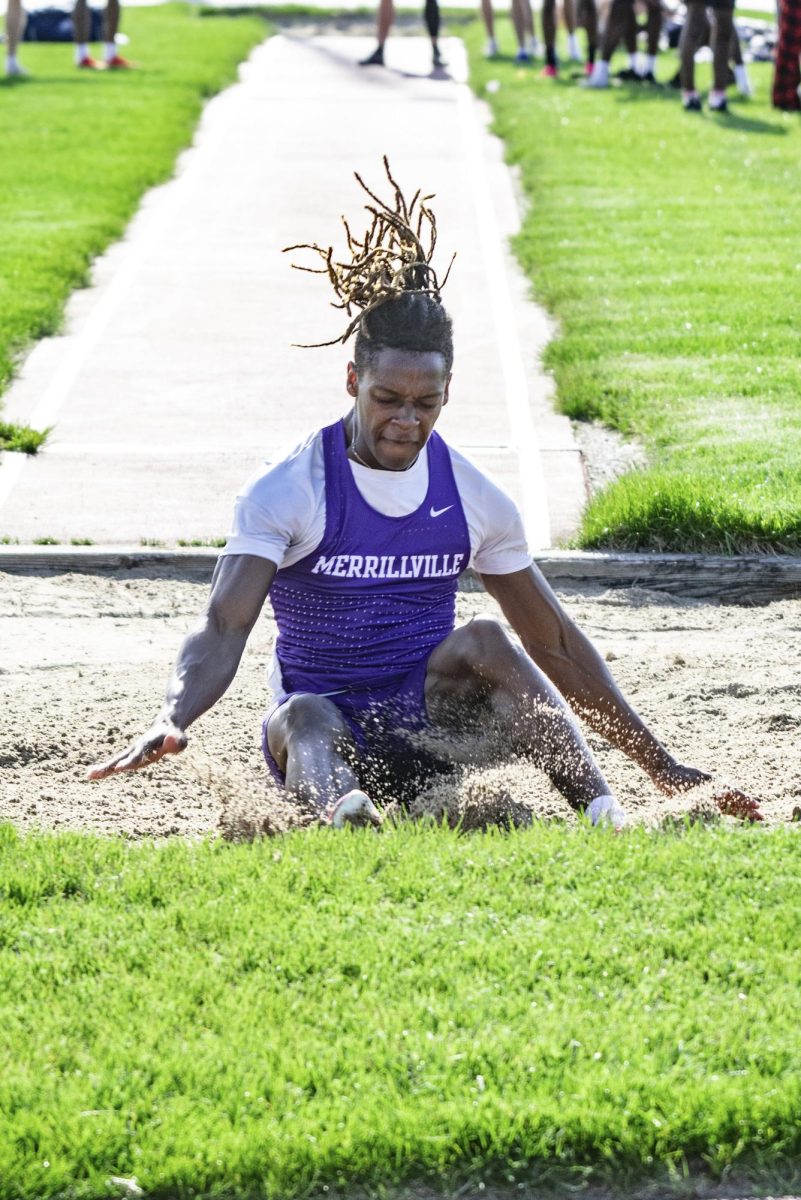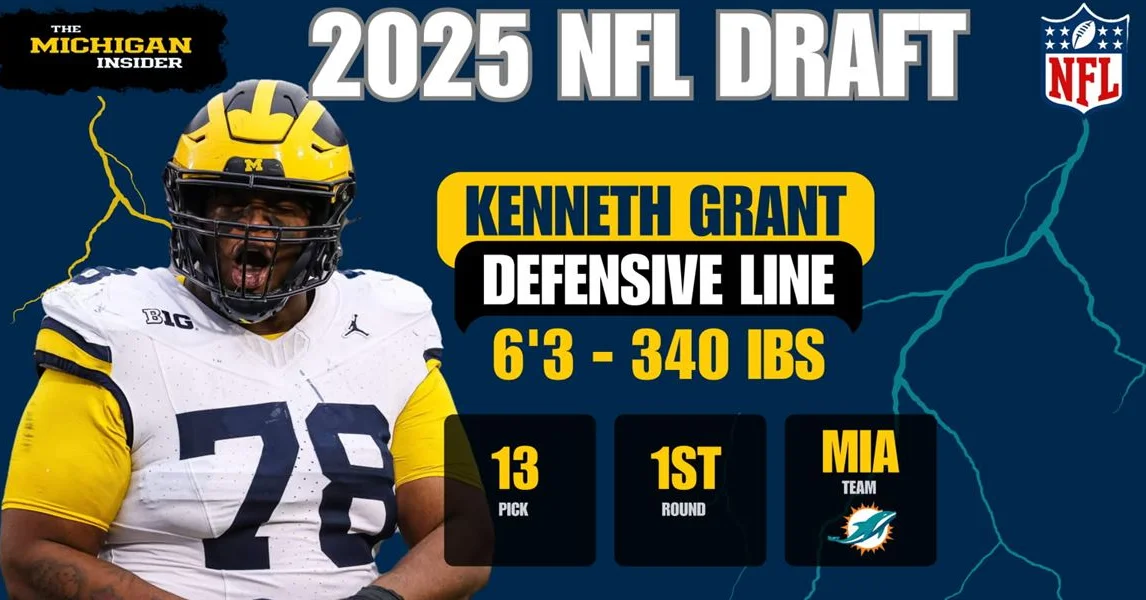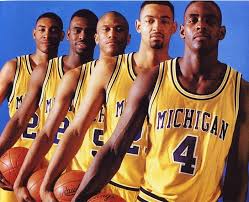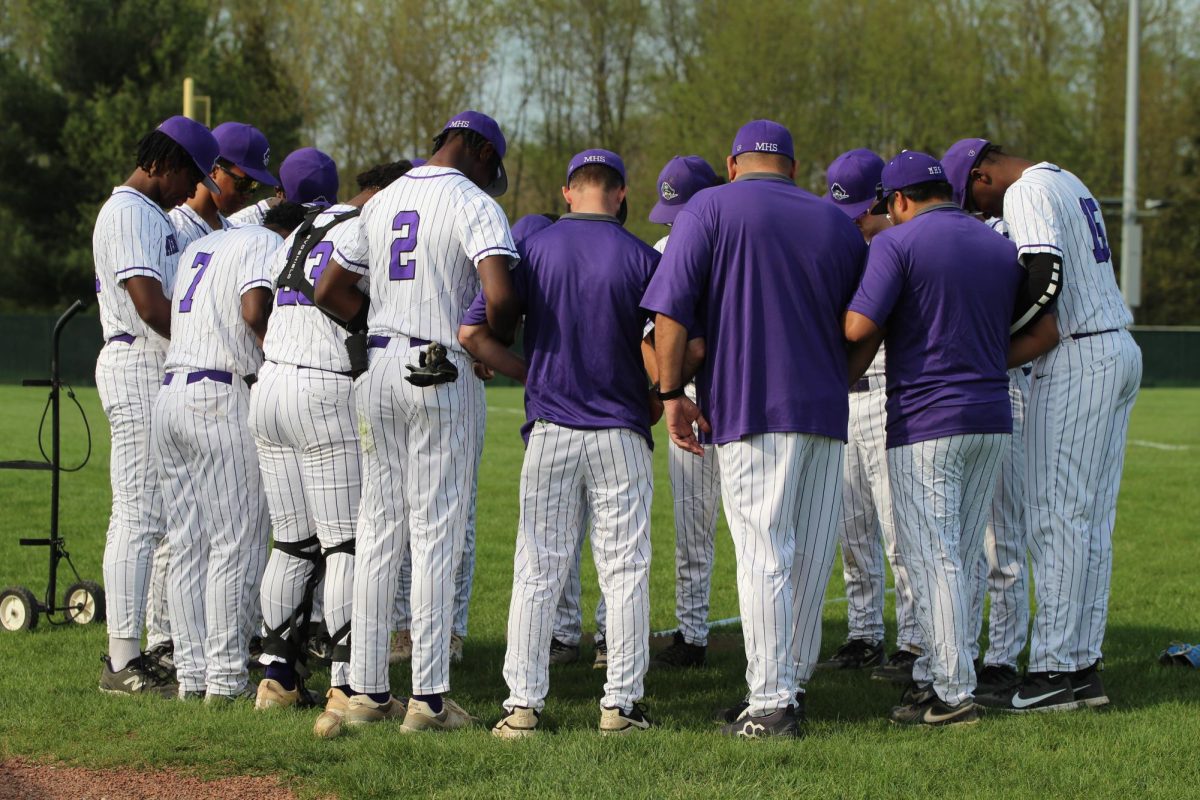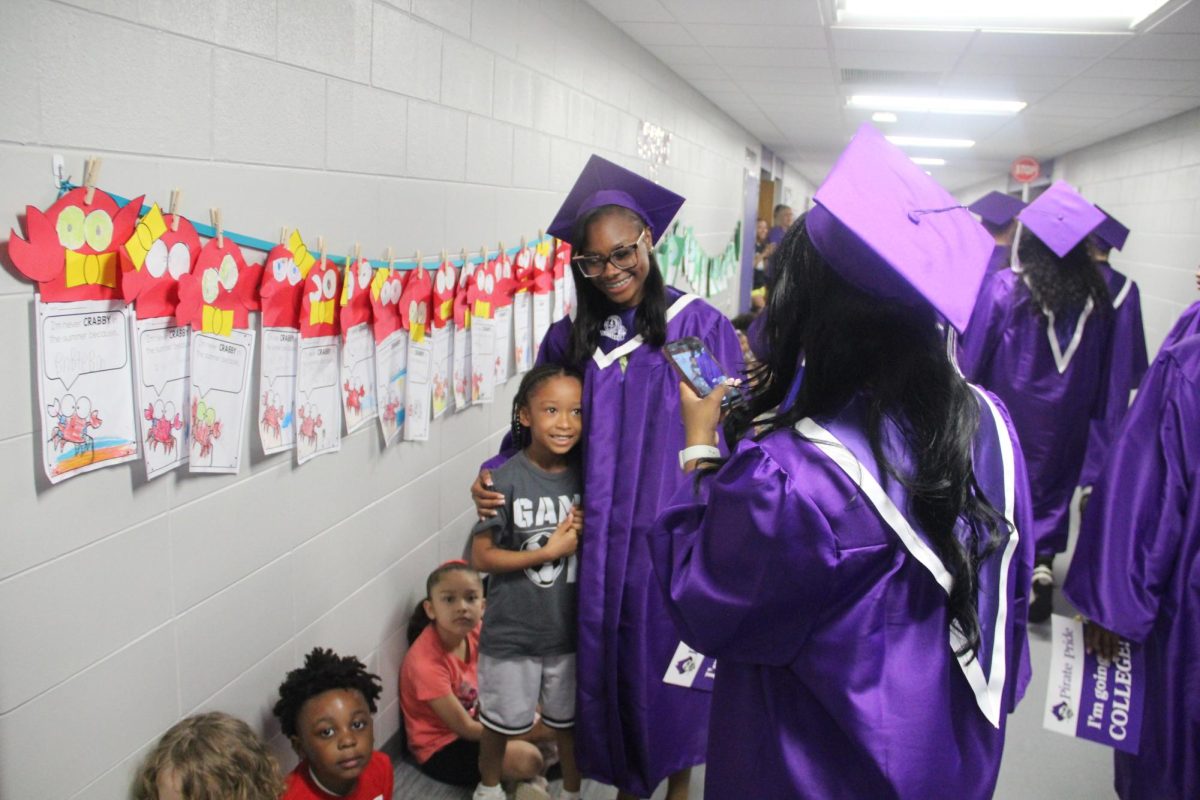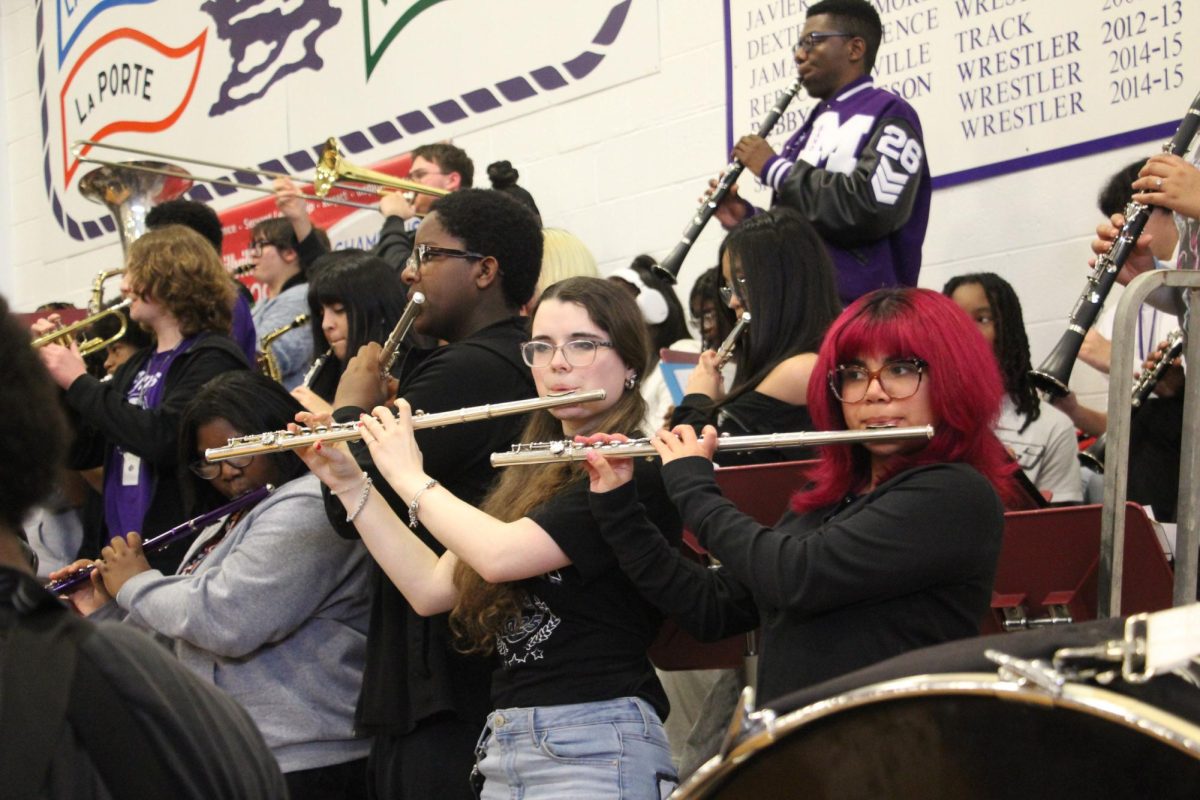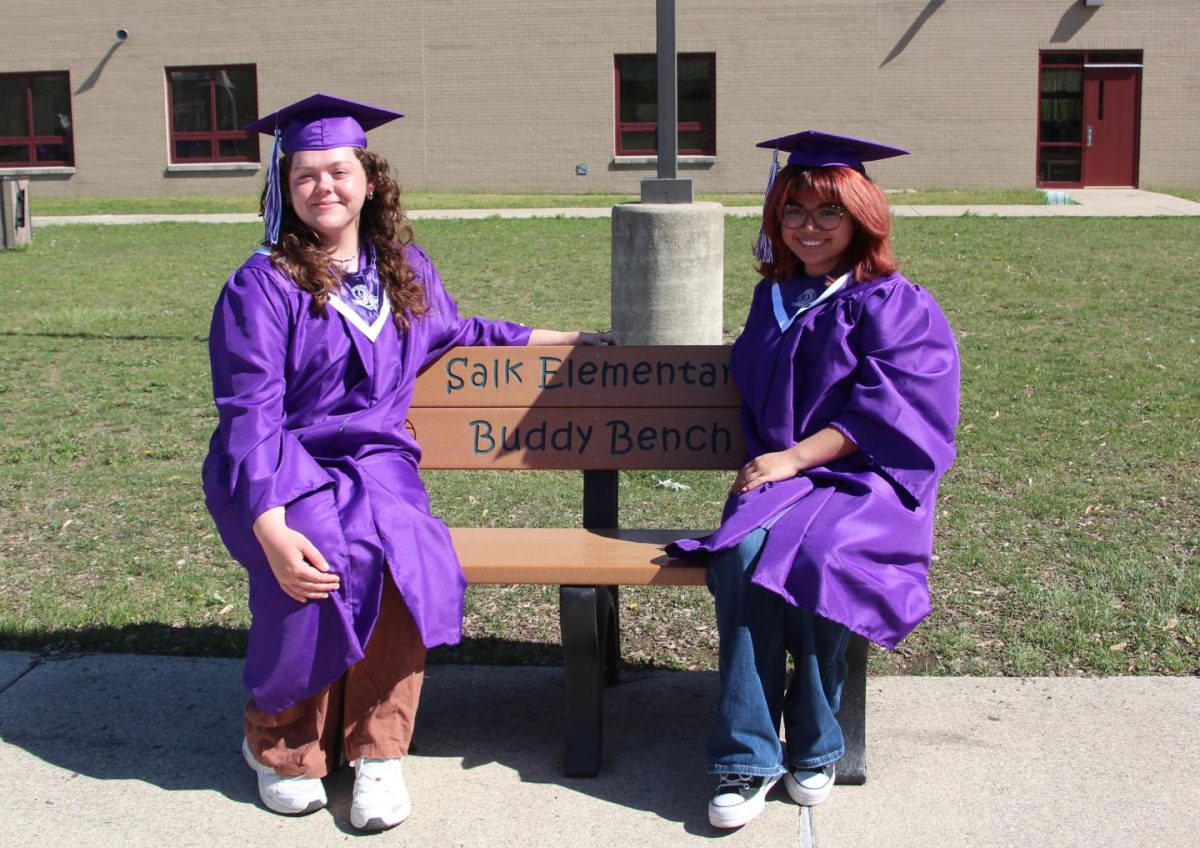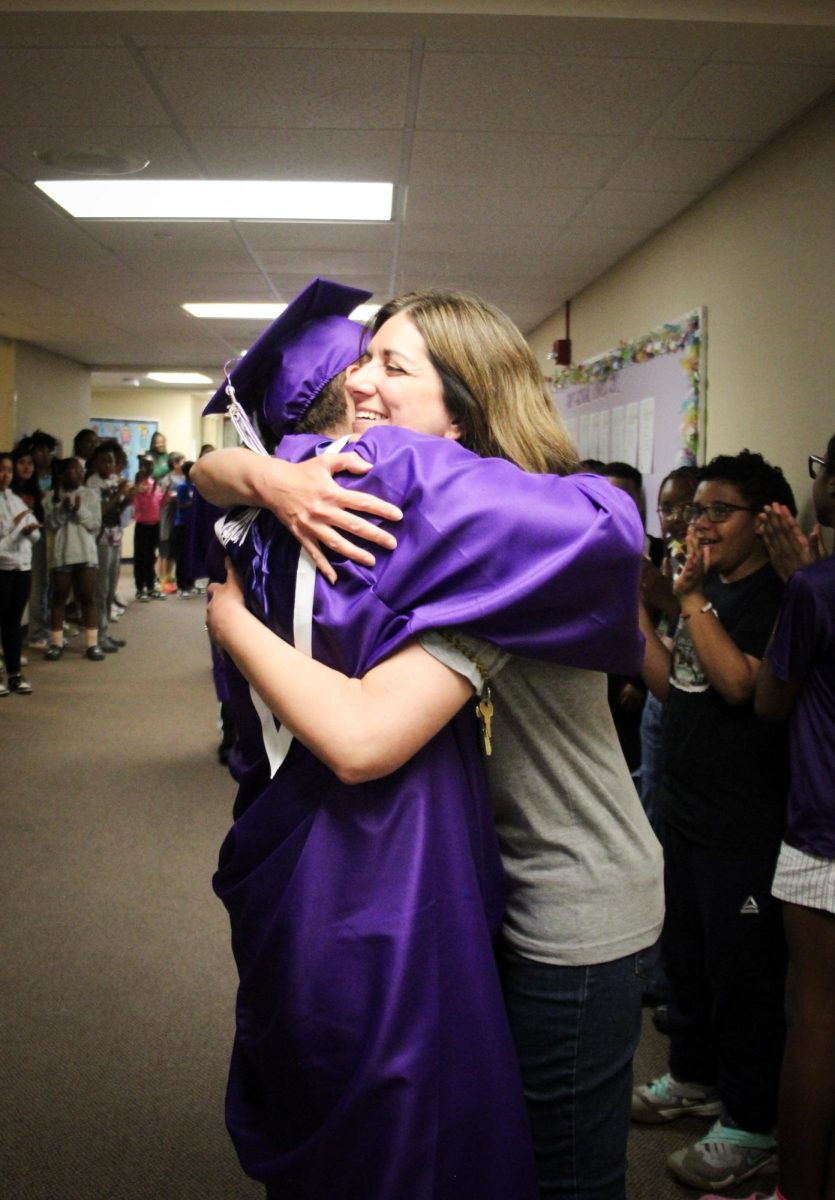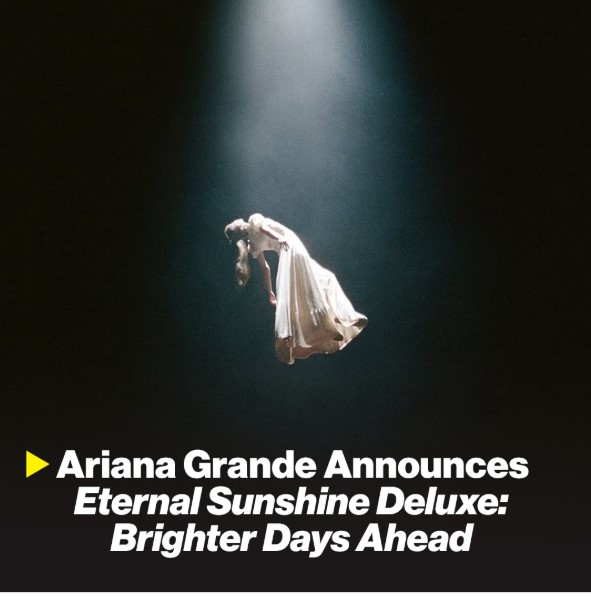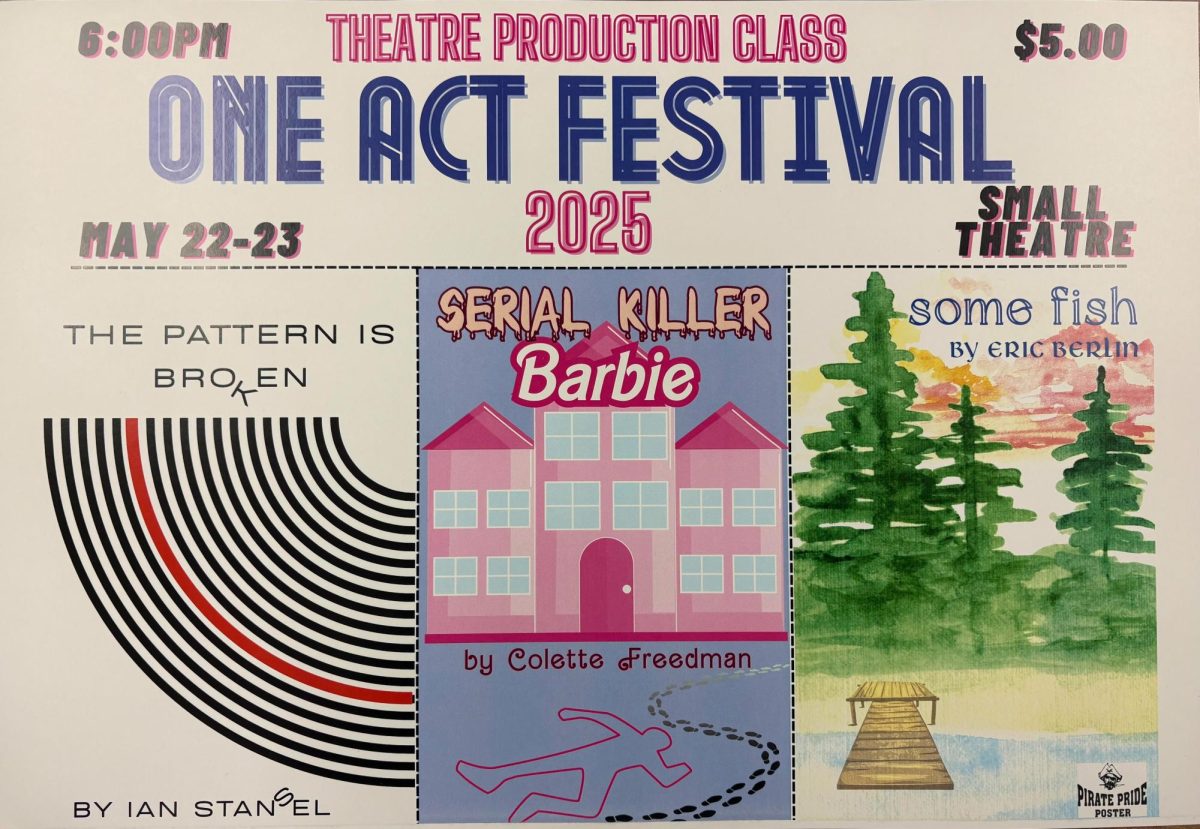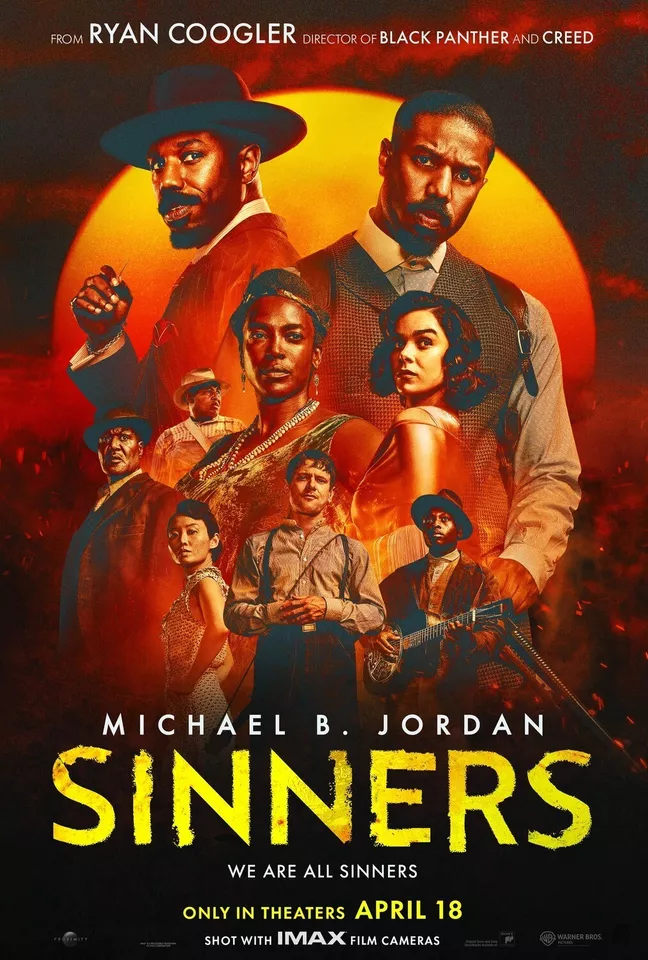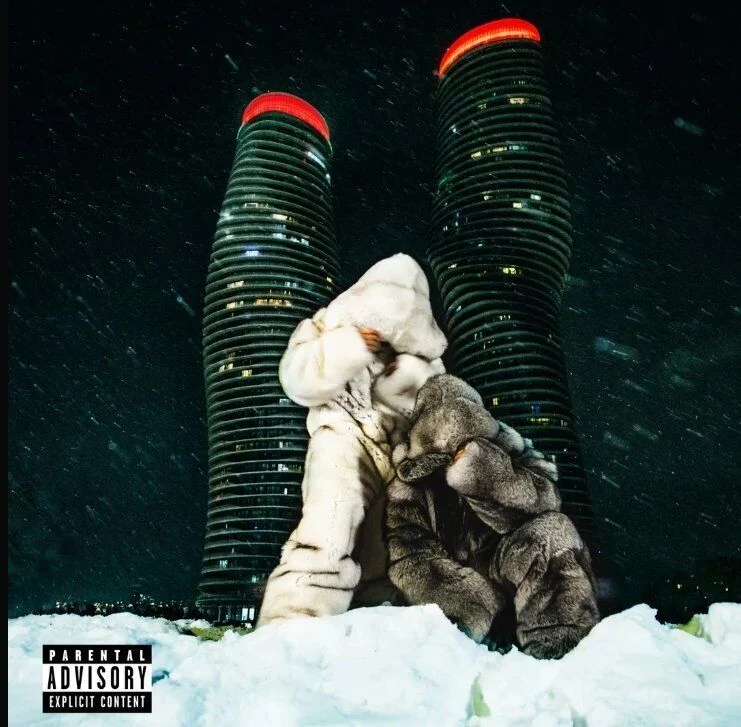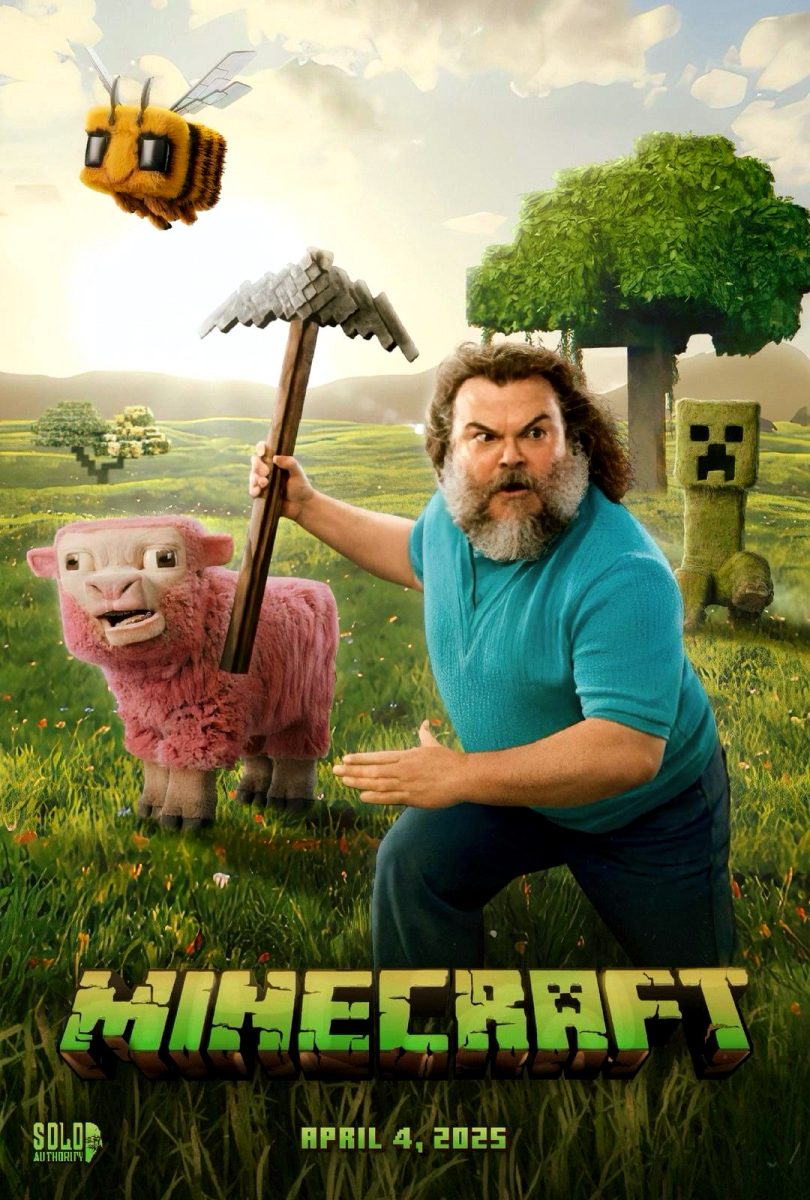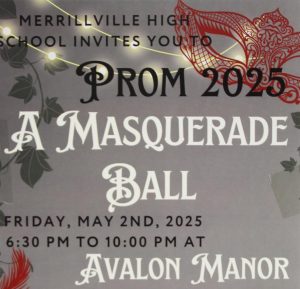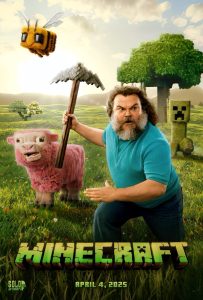Who decides whose story to tell?
October 27, 2020
“The crusade against American history is toxic propaganda, ideological poison, that if not removed will dissolve the civic bonds that tie us together, will destroy our country. We want our sons and daughters to know they are the citizens of the most exceptional nation in the history of the world.”
Last month, President Donald Trump signed the 1776 Commission: an executive order proposed by Trump himself that calls for a more patriotic education to American students.
Now you may be wondering… what exactly is a “patriotic education?”
Trump wants students to be taught the positive aspects of our country’s history. He believes that teaching about topics such as the mistreatment of Native Americans and slavery is forcing students to “hate America.”
“Instead of emphasizing that America was built on slavery, we emphasize that America was built on liberty,” said Noah Weinrich, a spokesperson for Heritage Action.
But how can you just downplay the effect of slavery? Or skip on by how the country was formed? Is that considered changing history? Is changing history considered lying?
U.S. History teacher Mr. Thomas Kelly believes that not telling the whole story is doing a disservice to students.
“I am ok with teaching positive aspects of our country,” Mr. Kelly said. “We have done so many amazing things in this country in the past. We have overcome so much adversity and have become one of the greatest countries in the world.”
“I also don’t think it is right to just focus on the good things we have done. We have had to step on the backs of many people to get to where we are. I think we need to tell everyone’s story. Not just one group got us to where we are today. It hasn’t always been the land of milk and honey for every group in this country, and I think those stories need to be told.”
Mr. Elisha Israel, who teaches African American Studies, understands Trump’s angle, but does not believe the response should be waging your own ideological war.
“I ask what does ‘pro-American’ actually mean? I doubt that it means pro-Truth. ‘Pro-American’ sounds like an effort to combat propaganda with propaganda. It sounds like the type of whitewashed education that I received in subpar urban public schools during my youth,” Mr. Israel said.
“I vividly remember [Christopher] Columbus being venerated as a morally upright courageous hero of Western Civilization. It was not until college that I learned of his ruthless terror campaign of genocide, rape, and slavery.”
There is a constant battle of who should be deciding what is taught in schools. Is it up to state governments? Or communities? Or school districts?
Mr. Kelly believes that it should be a collective mix of the three.
“You need to know who the base of your community is so you can tell the stories of that community better,” Mr. Kelly said. “There are certain aspects of history that need to be taught, such as wars, famines, government, depressions… but when you are looking to teach more context or some interesting side stories, teachers should look to who they are teaching so they can tell stories that will captivate and inspire the group of students sitting in front of them.”
The United States is formed by people from all around the world, bringing different traditions, cultures, religions, and lifestyles all to one place. This leaves telling everyone’s story to be quite a challenge.
“Truthfully, it is impossible to tell everyone’s story,” Mr. Israel said. “It is impossible to tell the full story. It is impossible to tell the complete story of a single American ethnic group. The American narrative is that vast.”
“However, what we can do as educators is consider the students that we have in front of us and consider what their ancestors part in the American narrative was in addition to the commonly held narrative. Students should see themselves and connect with this narrative. And we must be fettered to the truth no matter how sordid it may be.”
Kelly tries to incorporate some of the overlooked parts of history into his lessons as often as he can.
“As I’m covering the state standards, I try and slip in a quick video about a person who played a role in that time that people may not have heard off, or give a article about a group of people, or pose a question in the bell ringers to have students think about something a different way,” Mr. Kelly said. “I try to talk about different groups or different people in my lectures so that students can go research on their own if they are interested in that topic.”
In 2010, a law was passed in Arizona that banned Mexican-American Studies in the Tucson Unified School District.
Mr. Israel considers this to be problematic.
“Consider the history of Arizona,” he said. “It was once part of Sonora Mexico. Arizona has a large Mexican-American population, 25% of the overall population. Consequently, Mexican-Americans have largely shaped the culture of the state. I believe that at the heart of the issue was the curriculum.”
“The rationale for the ban was that classes could not be made for a “particular ethnic group”, nor could they promote” resentment for ethnic solidarity instead of the treatment of students as individuals”. First, being a Chicano or Chicana was not a prerequisite for the class. Secondly, the charge of ethnic chauvinism is quite vague. What is “ethnic solidarity”? The banning of these classes was deemed as unconstitutional in 2017 because the ban violated student’s 1st and 14th Amendment rights.”
Overall, Mr. Israel believes that no matter how unsettling, we cannot ignore the truth of our country’s past.
“The answer lies in being uncomfortable,” Mr. Israel said. “We should not be afraid of the truth. I cannot reiterate enough how important the pursuit of truth is. It is a road that we must travel. We may not get there, but it must be our destination.”

